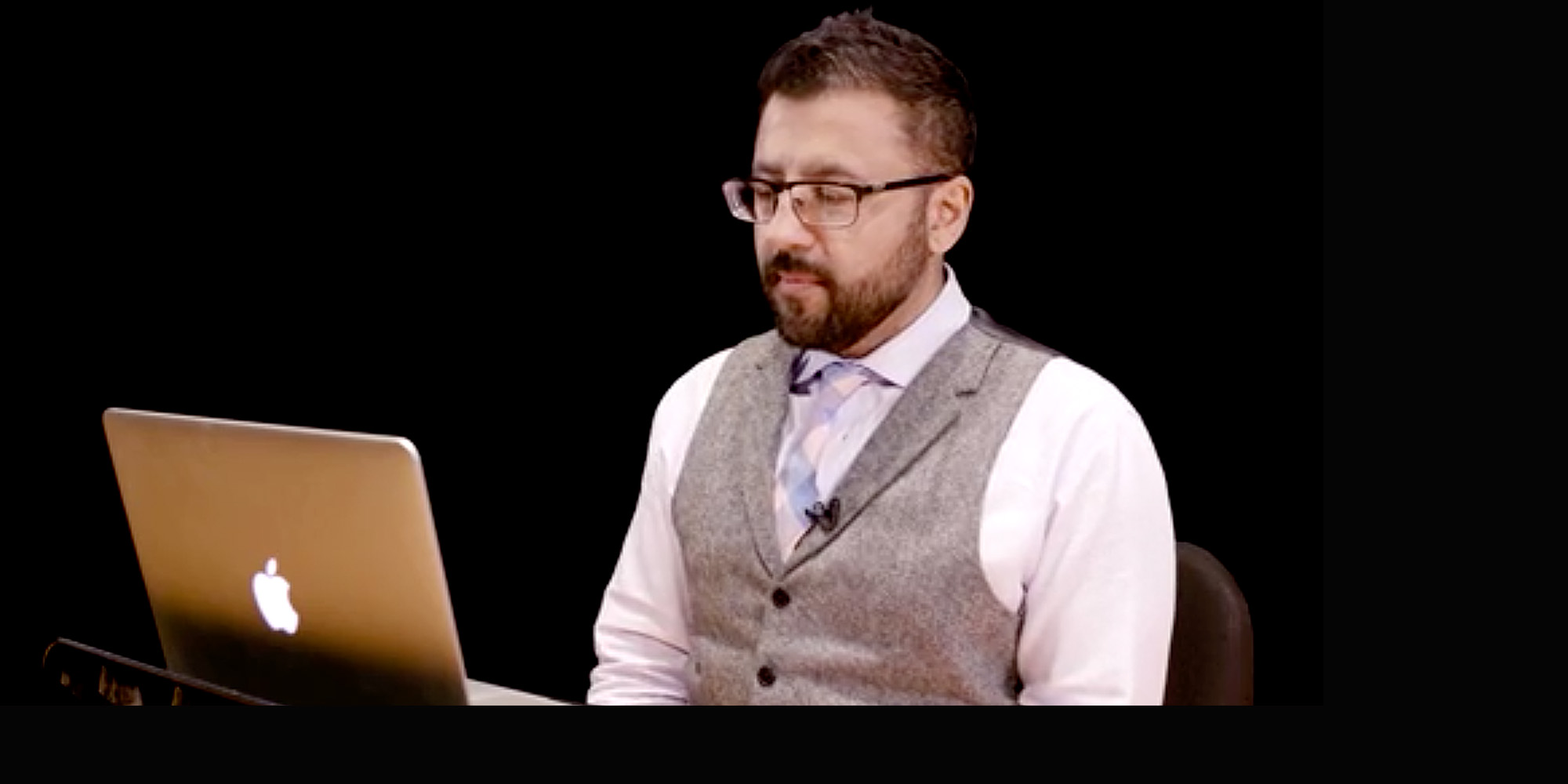USC Faculty Respond to Testimony in “Reflections on Respect” Video Series

Six distinguished University of Southern California faculty participated in a series of videos released during USC Shoah Foundation’s 100 Days to Inspire Respect program in which they watch clips of testimony and offer their thoughts on the clip’s themes and message.
The videos in this series provide educators with an instructional resource that can be used to teach students how to interpret, annotate and discuss primary source material. These short videos provide high level, authentic and thoughtful examples of how to apply such skills while also promoting students’ knowledge, skills and capacities for becoming responsible citizens in civil society.
Salpi Ghazarian reflects on the topic of personal responsibility from the point of view as director of the Institute of Armenian Studies at USC, longtime educator and researcher, and as a grand daughter of a survivor of the Armenian Genocide. From these multiple experiences, Ms. Ghazarian bases her reflection on a clip of testimony by Alice Shipley, a survivor of the Armenian Genocide, who recalls how deception was used to portray Armenians as enemies of the Ottoman State.
Peter Mancall, PhD, reflects on the topic of equality from his perspective as professor of history and anthropology and as director of the Early Modern Studies Institute at the University of Southern California. Dr. Mancall reflects on a clip of testimony by Elizabeth Holtzman, a war crimes trial participant, who tells of her experience during her civil rights work in the south during the 1960’s.
Varun Soni, JD, PhD, reflects on the topic of empathy from his perspective as Dean of Religious life at the University of Southern California and his work in the fields of religious studies and law. From this interdisciplinary point of view, Dr. Soni bases his reflection on a clip of testimony by Floyd Dade, a liberator during the Holocaust, who tells of the impact liberating a concentration camp had on him.
Steven Lamy, PhD, bases his reflection on the topic of critical thinking from his perspective as a scholar, as well as on a clip of testimony by Lieutenant General Romeo Dallaire, a Rescuer, who describes his experience with assistance efforts at the start of the Genocide against the Tutsi in Rwanda. Dr. Lamy points to the importance of critically thinking through the information we receive and the steps one can take to ensure that multiple sources and points of view are sought out before making conclusions.
Manuel Pastor, PhD, reflects on the topic of othering and belonging from his standpoint as a sociologist, as director of the Center for the Study of Immigrant Integration at USC, and as a child of immigrants. From this perspective, Dr. Pastor bases his reflection on a clip of testimony by Gisela Feldman, a Jewish survivor, who tells of her experience as a refugee following the Holocaust.
Allison Trope, PhD, bases her reflection on media literacy from her perspective as an expert in media and communication, as well as on a clip of testimony by Romana Farrington, a survivor of the Holocaust, who tells of her experience with hiding her identity and antisemitism. Dr. Trope highlights the importance of being aware and critical of the standards that are projected through the media in relation to race/ethnicity, religion, gender, sexuality and socioeconomic class.
On IWitness, the clips are accompanied by teaching notes for using them in the classroom. The clips address standards in reading primary sources, academic discussions, and as an opening or supplementary activity for reading various novels such as To Kill a Mockingbird.
Students can be asked to watch the expert video and observe how to effectively “read” testimony, how to make inferences of audiovisual text and identify how an individual's background and experiences help in making meaning of text. Students can be asked to determine the types of connections the "expert" is making – text to text, text to world, text to self. Students can also be given questions such as, "How do experts read text/testimony?" or "How does the viewer perspective add meaning to the text/testimony?